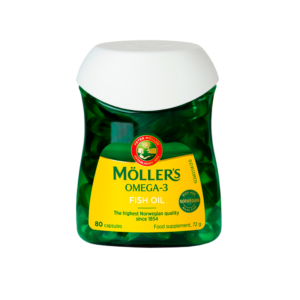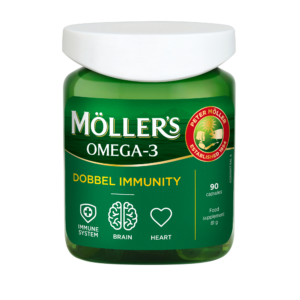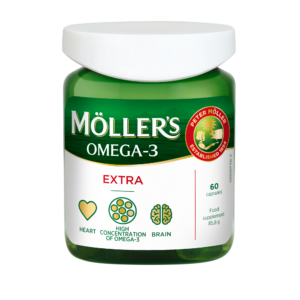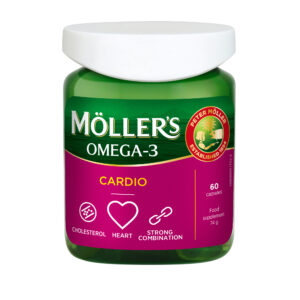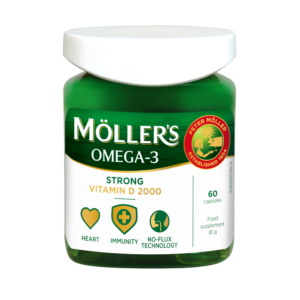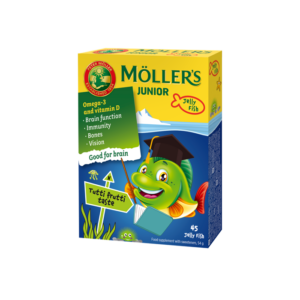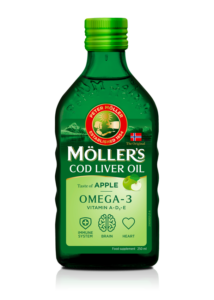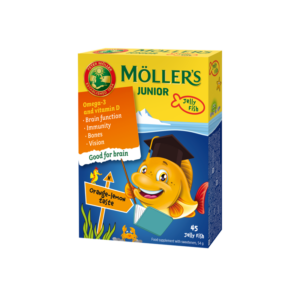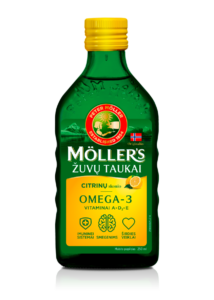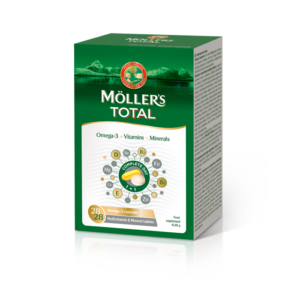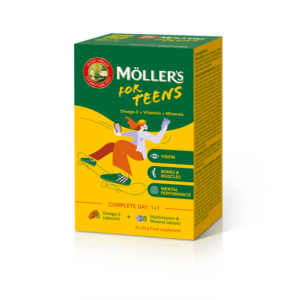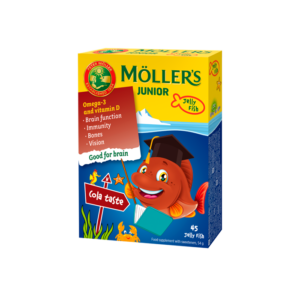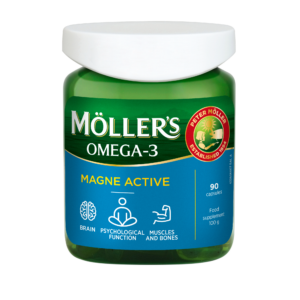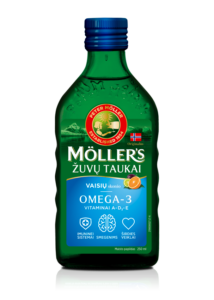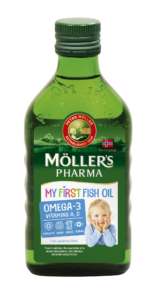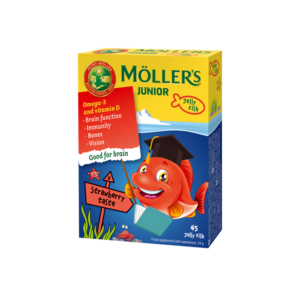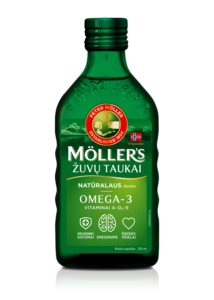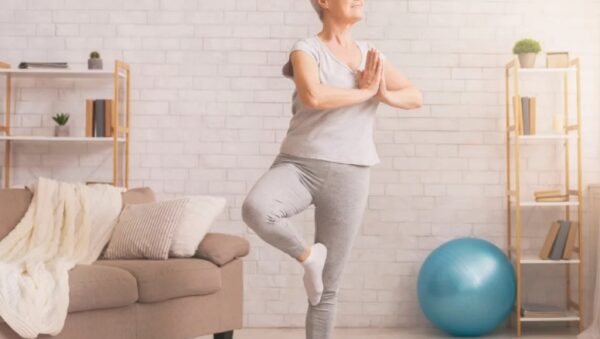Ar žinojote, kad tiek fizinės, tiek protinės treniruotės turi įtakos atminčiai ir kitoms smegenų funkcijoms?
Home » 5 patarimai, kaip išlaikyti aštrų protą

1. Kasdienės dėlionės
Gydytojas neurologas Andreas Engvigas tyrinėjo atminties treniravimą ir padarė išvadą, kad kasdienis atminties lavinimas turi išmatuojamą fizinį poveikį smegenims. Jis įsitikinęs, kad lavinant smegenis, kaip ir treniruojant raumenis, jie tampa akivaizdžiai didesni. Lygiai kaip ir raumenų atveju, norint išlaikyti pasiektą rezultatą, smegenis būtina lavinti kasdien. Priversti savo smegenis truputį „girgždėti“ gali pasirodyti nemenkas iššūkis. Svarbiausi raktažodžiai smegenų lavinimui yra bandymas išsivaduoti iš rutinos, nors šiek tiek pakeisti mąstymą ir įpročius. Kad susikurtumėte naujų asociacijų, pažadinkite jausmus naujais skoniais, kvapais ir garsais. Sudoku, kryžiažodžiai, skaitymas, mezgimas, stalo žaidimai taip pat gali būti puikus sprendimas. Tačiau A. Engvigas atkreipia dėmesį, kad tam, jog turėtų teigiamą poveikį, ši veikla turi būti maloni.
2. Maitinkitės sveikai
Pasak tyrimo, Viduržemio jūros dieta, kurios pagrindas – švieži vaisiai, daržovės, riešutai ir alyvuogių aliejus, turi teigiamą poveikį psichiniams sugebėjimams, nepriklausomai nuo žmogaus amžiaus. Šio tyrimo dalyviai per savaitę suvartodavo litrą alyvuogių aliejaus, o tai nelabai dera su mums įprasta mityba. Puikus sveikos mitybos papildymas – šaukštelis skystų žuvų taukų kiekvieną dieną. Žuvų taukų sudėtyje yra sveikatai naudingų omega-3 riebalų rūgščių, kurios labai svarbios ir smegenims.
3. Mokykitės naujų kalbų
2007 m. Kanados tyrėja Ellen Bialystok pristatė rezultatus, kad keleto kalbų mokymasis ir vartojimas, lyginant su vienos kalbos vartojimu, teigiamai veikia smegenų funkcijas. Taigi naujos kalbos mokymasis yra toks puikus būdas smegenims mankštinti, kad greičiau užsirašykite į ispanų kalbos kursus, apie kuriuos seniai svajojote!
4. Fizinis aktyvumas
Moksliniai tyrimai rodo, kad mankšta turi teigiamos įtakos, nes apsaugo smegenis ir palengvina mokymąsi. Dar viena priežastis išnaudoti jūsų kūną! Geriausi pratimai yra tie, kuriuos darant naudojame deguonį – bėgiojimas, važiavimas dviračiu, spartus ėjimas. Tai neaukšto intensyvumo veikla, svarbiausia, kad treniruotumėtės nuolat, mažiausiai po pusvalandį kasdien.
5. Šokite
Įdomi ir naudinga veikla, drauge treniruojanti smegenis, yra šokių pamokos, kurias lankyti galite su draugais. Naujų šokio žingsnelių mokymasis stimuliuoja dideles smegenų dalis, kartu jūs esate aktyvūs fiziškai, ir, ne mažiau svarbu – labai socialūs
What is good health?
Do you have a good lifestyle?
Lifestyle simply means the way in which you live. Health and lifestyle go hand in hand. You might feel you have a good lifestyle if you are physically active, eat healthily and generally experience a sense of wellbeing. Conversely, if you want good health you should also have a good lifestyle.
Physical activity is the major contributor to a good lifestyle, but diet, drugs, stress, sleep and social conditions are also play an important role. Being able to use the body properly to avoid injury also affects lifestyle. Physical activity can also prevent depression and help you to recover more quickly from mental illness, both of which obviously affect your lifestyle.
Diet can be a difficult topic for many. Perhaps you eat too much or too little or maybe you find it hard to know what foods to combine to have a balanced diet. It’s also important to eat food that contains important vitamins, minerals and dietary fibre, omega-3 and antioxidants. On top of all this, you also need to get enough energy, protein and the correct fatty acids. The requirement for these nutrients changes throughout your life. When you are older you also have different requirements than children and younger adults. Women also have different requirements than men. Pregnant and breastfeeding mothers also have special requirements.
When you get older, you lose muscle mass and your body requires less energy and therefore less food. You may lead a less active life than you did before, which is why you require less food. However, your need for minerals, vitamins and other nutrients remains the same. Of course, there are plenty of healthy and active older people, but when you reach 70 to 80 years of age, it’s easier to become ill, especially during flu season.
Some steps you can take to improve your lifestyle and health are to:
- eat a healthy and varied diet
- stay active
- watch your weight
- avoid too much alcohol and don’t smoke
- get enough sleep
- think positive
- practise good hygiene
What is good quality of life?
The World Health Organisation (WHO) defines quality of life as a state where the individual can realise their potential, cope with normal stressful situations, work in a rewarding and positive way, and be able to contribute to others and society.
Quality of life is a wide and somewhat diffuse concept that includes joy in, and a desire for, life. These are values that are rather felt than measured, which in turn are based on personal environment and choices. Quality of life doesn’t necessarily depend on being healthy or sick. It’s the moments between worries, sorrows, problems and ailments that matter. For example, if you have a chronic illness, a feeling of mastery can be important when talking about quality of life.
To sum up, quality of life is a combination of health, lifestyle, networks and social support. It’s about experiencing joy, meaning in life, satisfaction, security and a sense of belonging, as well as being able to use your strengths. It’s also about feeling interest in life, coping with everyday situations and a being committed to something or someone. If you have good quality of life, you will be able to cope better with the inevitable stressful situations in life.
Produktai:
Möller‘s žuvų taukai, 80 kapsulių
Möller‘s Dobbel Immunity, vanilės skonio, 90 kapsulių
Möller‘s Omega-3 Extra, 60 kapsulės
„Möller’s Omega-3 Ekstra“ – atnaujintos dar didesnės koncentracijos natūralios žuvinės kilmės omega-3!
Möller‘s Omega-3 Cardio, 60 kapsulės
Möller’s Strong D Vitamin, 60 kapsulių
Möller’s Junior Omega-3, vaisių skonio, 45 kramtomos žuvelės
Möller’s žuvų taukai, obuolių skonio, 250ml
Möller’s Junior Omega-3, apelsinų ir citrinų skonio, 45 kramtomos žuvelės
Möller‘s citrinų skonio žuvų taukai, 250 ml
Möller‘s Total – Omega-3, vitaminų ir mineralų kompleksas, 28 kapsulės ir 28 tabletės
„Möller‘s for Teens“ omega-3 ir vitaminų bei mineralų kompleksas paaugliams, 28 kaps x 28 tabl
Möller’s Junior Omega-3, kolos skonio, 45 kramtomos žuvelės
Kramtomos kolos skonio žuvelės su omega-3 ir vitaminu D3. Švelnios ir minkštos tekstūros maisto papildai visavertei vaikų mitybai.
Möller‘s Omega-3 Magne Active, 90 kapsulių
Möller‘s žuvų taukai, vaisių skonio, 250 ml
Möller‘s mano pirmieji žuvų taukai, 250 ml
Möller’s Junior Omega-3, braškių skonio, 45 kramtomos žuvelės
Möller‘s žuvų taukai, natūralaus skonio, 250 ml
„Möller’s“ skysti žuvų taukai – tradicinis būdas pasirūpinti savimi!
Sužinoti daugiau
Padėkite, aš močiutė!
sveiki kaulai vyresniems
Laukiatės vaikelio? Omega-3 riebalų rūgštys jums ypač svarbios
smegenys vyresniems
Koks ryšys tarp sveikos gyvensenos ir gyvenimo kokybės?
menkių kepenų aliejus vyresniems
Pasisemkite įkvėpimo mūsų Instagram
This error message is only visible to WordPress admins
Error: Access Token is not valid or has expired. Feed will not update.
